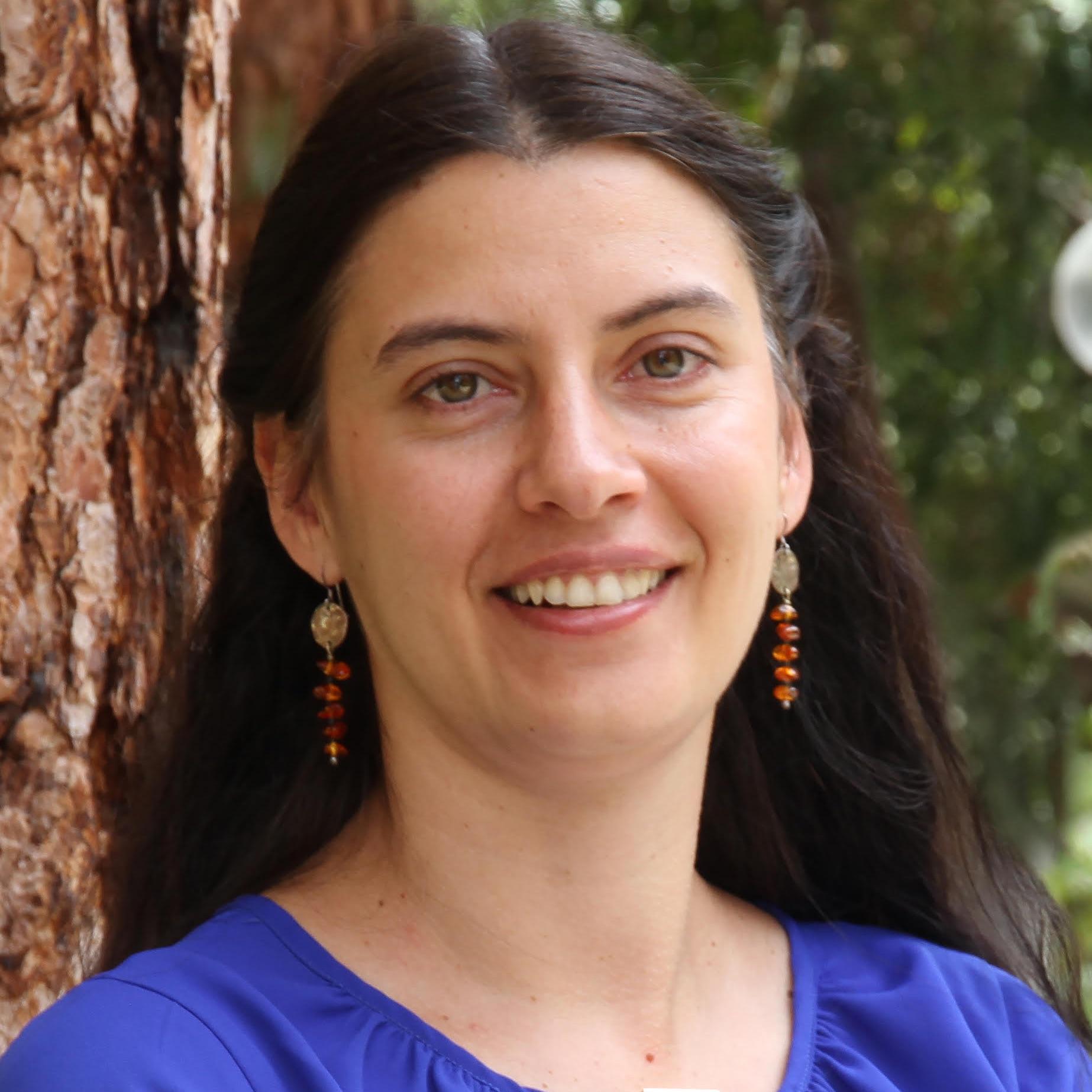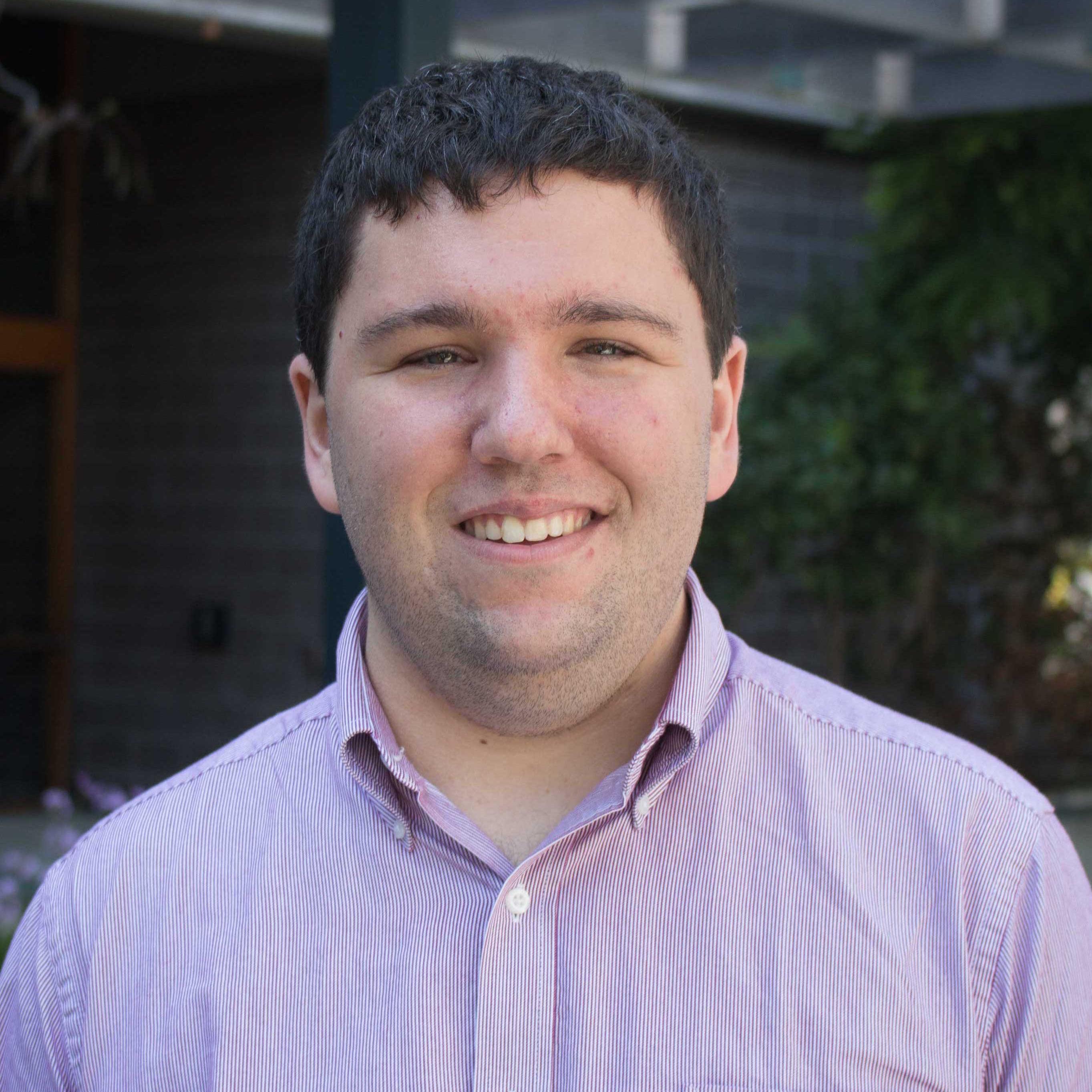This thrust focuses on using AI to speed up optimization models. It starts with the recognition that many optimization applications solve the same problem repeatedly with different, but closely related inputs. In some cases, optimization is not fast enough to meet real-time or other computational requirements. The goal of the thrust is to AI technologies to find near-optimal solutions orders of magnitude faster than existing optimization technologies. The thrust pursues two complementary research avenues:
optimization proxies, for approximating the mapping between inputs and optimal solutions.
learning to optimize, forusing AI to accelerate optimization algorithms.
The U.S. National Science Foundation AI Research Institute for Advances in Optimization (NSF AI4OPT) has contributed seminal results in optimization proxies, including its “predict then repair” architecture, Lagrangian learning, dedicated repair layers, self-supervised optimization learning, primal-dual learning, compact optimization learning, and dual proxies. These proxies are applied to the planning and operations of energy markets, supply chains and logistics, manufacturing, and transportation.
NSF AI4OPT also contributes new methodologies to accelerate existing optimization algorithms, borrowing ideas from contrastive learning, graph neural networks, reinforcement learning, optimization proxies, and landscape surrogate. NSF AI4OPT applies Learning to optimization methodologies to MIP solving, supply chains and logistics, transportation, and energy markets.






